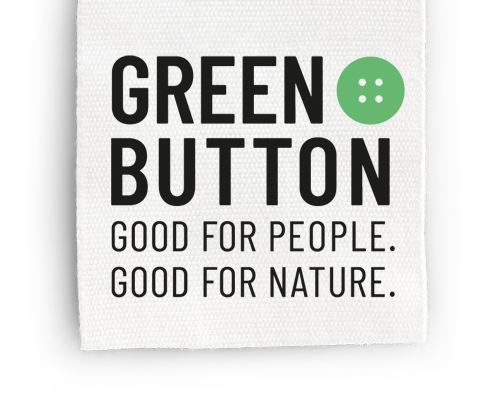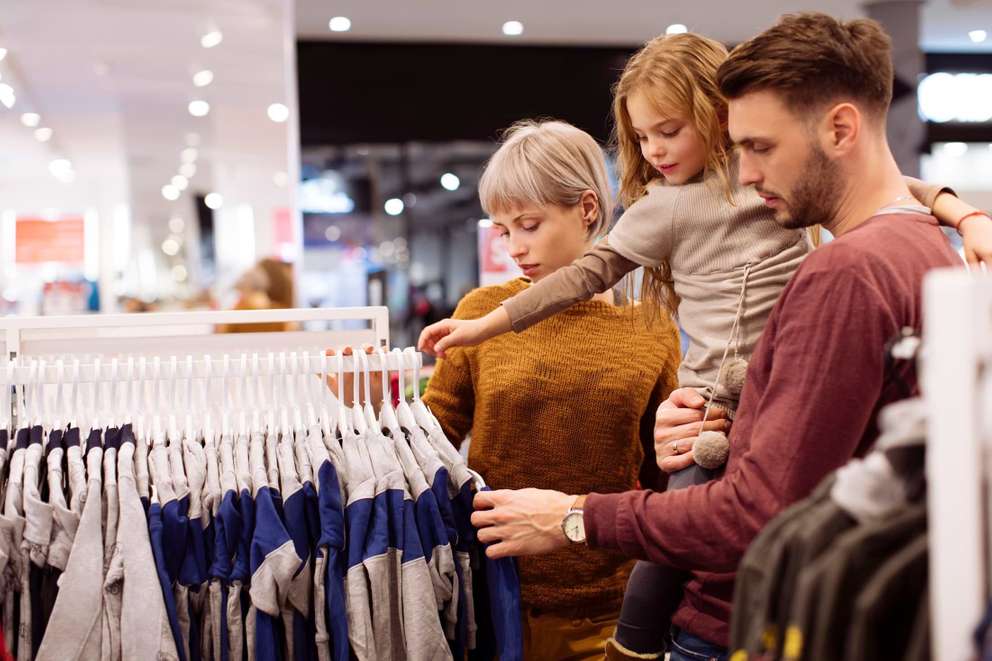Speech by German Development Minister Dr Gerd Müller on the occasion of the unveiling of the government-run textile label, the Green Button, at the Federal Press Conference
Check against delivery!
Ladies and Gentlemen,
Mr Detjen,
Bishop Bedford-Strohm,
Ms von Dewitz,
Mr Linemayr,
75 million people work in the textile industry worldwide. Most of them are women in developing countries. Many of them also work to produce the clothes we wear, often under appalling conditions. This was vividly illustrated by the terrible disaster at the Rana Plaza factory, which also made a major impression on me. The worst disaster in the history of the textile industry left 1,136 people dead and 2,500 with extremely serious injuries. It is therefore a great honour that one of the survivors of Rana Plaza will be joining us at our launch event here at the German Development Ministry this afternoon.
We could continue to look the other way and allow people to slave away for us, but that won’t work. That’s why I sat here at a Federal Press Conference for the launch of the Textile Partnership almost five years ago to the day. I said at the time that we couldn’t allow the ‘cheap at any cost’ mentality to be our motivation and this remains true today. Manufacturing operations continue to be relocated to developing countries, where standards are violated that are applicable for good reason in Europe.
- In Ethiopia, for instance, seamstresses earn less than 20 euro cents an hour. This is not enough to cover rent, food, school fees or medical treatment.
- Seamstresses are paid 0.6% of the money made from a brand-name T-shirt.
- 20% of industrial water pollution is attributable to textile dyeing.
You can read all of this in a new study by the German Development Institute / Deutsches Institut für Entwicklungspolitik (DIE).
The Textile Partnership remains relevant and underpins all that we do. We set up the Textile Partnership in 2014 to bring about fundamental change. And we’ve succeeded. Our 120 members, including companies, business associations, trade unions and non-governmental organisations, are moving in the right direction together. 160 toxic chemicals are being banned from the manufacturing process and the proportion of sustainable cotton is set to be increased to 70 per cent by 2025. Member companies now account for 50 per cent of German retail. The Textile Partnership is a success and will remain relevant.
The Green Button is the next step. We are now taking the next step with the Green Button, certifying companies that already meet especially stringent requirements. There is currently no other label like the Green Button. It is the German government’s textile label, registered with the German Patent and Trade Mark Office, and provides ambitiously high social and environmental standards. These standards require reductions in toxic waste water and hazardous chemicals, a ban on child labour in supplier factories, payment of minimum wages and more occupational health and safety measures.
Consumers can be confident that Green Button textiles have been manufactured to the highest standards. What is special about the Green Button is that the entire company is audited. Offering individual products for show is not enough. For a T-shirt to carry the Green Button label, it must meet 46 demanding social and environmental criteria.
- 26 of these criteria apply to products, such as T-shirts, bed linen and backpacks,
- and the other 20 pertain to the company as a whole. Does it disclose suppliers? Do seamstresses have recourse to grievance mechanisms locally?
No other scheme conducts such detailed checks.
In this way, the Green Button gives consumers confidence. The government lays down the criteria for the Green Button and independent certification bodies review compliance with the criteria set, in Bangladesh and Romania as well if necessary. The auditing process is also monitored by the Deutsche Akkreditierungsstelle GmbH (DAkkS - German national accreditation body) As a ‘certifier of certifiers’, it ensures that the certification bodies have the necessary expertise and know what is important.
Who is involved? 27 companies, including small three-person enterprises, SMEs, recognised sustainability pioneers and large companies with several thousand employees, have already completed the full auditing process: Alma & Lovis, Aldi Nord, Aldi Süd, Brands Fashion, CharLe, Derbe, Dibella, Engel, Feuervogl, Hans Natur, hessnatur, Hopp, Kaufland, Kaya&Kato, Lidl, Manomama, Melawear, Millitomm, Modespitze Plauen, Phyne, Posseimo, Rewe Group, Schweickardt Moden, Tchibo, Trigema, Vaude, 3 Freunde.
26 more companies are currently undergoing the auditing process, including Hugo Boss, the Otto Group and smaller firms such as Socks4Fun. Three other companies are interested, including from overseas. The Green Button is a global certification label. The Green Button can also be used by German companies abroad, and companies from other countries can apply for Green Button certification. The demand shows that we’re on the right track. The Green Button is ambitious and unbureaucratic.
Products carrying the Green Button label are now available on the market. They include clothing, bags and tents, as well as bed linen, which is relevant for public procurement. We invite you to come and visit BMZ at 14:00 and take a look at the wide range of products yourself.
What is next? The social and environmental criteria will be developed on an ongoing basis in the coming years, for example, to include living wages. This will be supported by an expert advisory council comprising representatives of industry, the science and research community, and civil society. We will also extend the Green Button to cover other production steps, such as cotton growing. We are initially tackling the two key production steps, namely sewing and dyeing.
- All of the 100 billion garments produced worldwide each year undergo these processes,
- which involve 75 million workers.
- You can usually identify which colour will be in vogue next season by looking at the rivers, as each dyeworks releases 2.5 tonnes of chemicals, often untreated, into the sewage system each day.
- Additionally, it was during this production stage that the Rana Plaza textile factory collapsed.
We’re setting the bar high with the Green Button and showing that fair supply chains are feasible. This is also proven by the many small enterprises involved in the Green Button process. As of today, no one can dispute this any longer.

